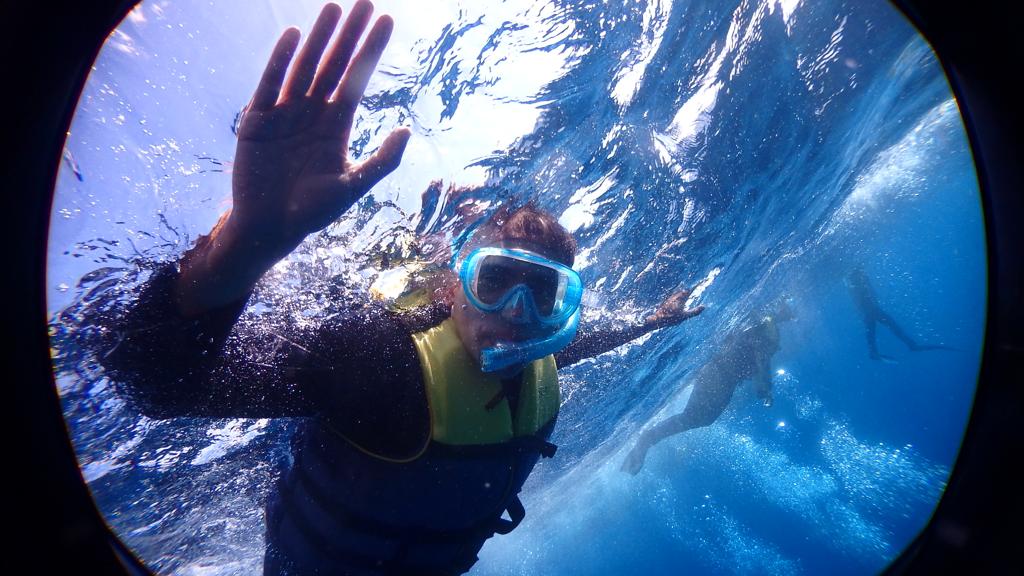By Adonis
Many people value hard skills tremendously and almost completely disregard the importance of soft skills. In a culture that embraces material wealth and employment opportunities over less tangible qualities, this should come as no surprise. One thing the military sells potential recruits on is the tangibles. The G.I Bill, tuition assistance, free healthcare and housing, and transferrable job skills. What they generally don’t advertise as much are the intangible traits developed over the course of a standard enlistment.
Soft skills can include leadership traits, work ethic, people skills, effective communication, and the like. Serving in an environment full of a diverse group in situations outside of one’s comfort zone will put their soft skills to the test and subsequently push them to new boundaries. From leading a fireteam in boot camp and the School of Infantry, to interacting with higher-ups about matters related to operations, servicemembers are often challenged in ways that they don’t even realize.
What does this mean for the transitioning veteran? An individual can market their soft skills when discussing employment opportunities. Provide instances where one had to navigate complex social situations in order to accomplish a task requires a series of traits that employers desire.
The average civilian never finds themselves in situations that enlisted service members have found themselves in countless times. From dealing with superiors to taking responsibility for a subordinate or peers mistake, the military does an incredible job at testing and developing the interpersonal and intrapersonal boundaries of an individual.
If still in, take the opportunity to understand the backgrounds, strengths, and weaknesses of your peers and subordinates. Ask for feedback from your peers and superiors about your performance. Take notes about the little things. Make the most out of your experience while you still have the opportunity to do so.
